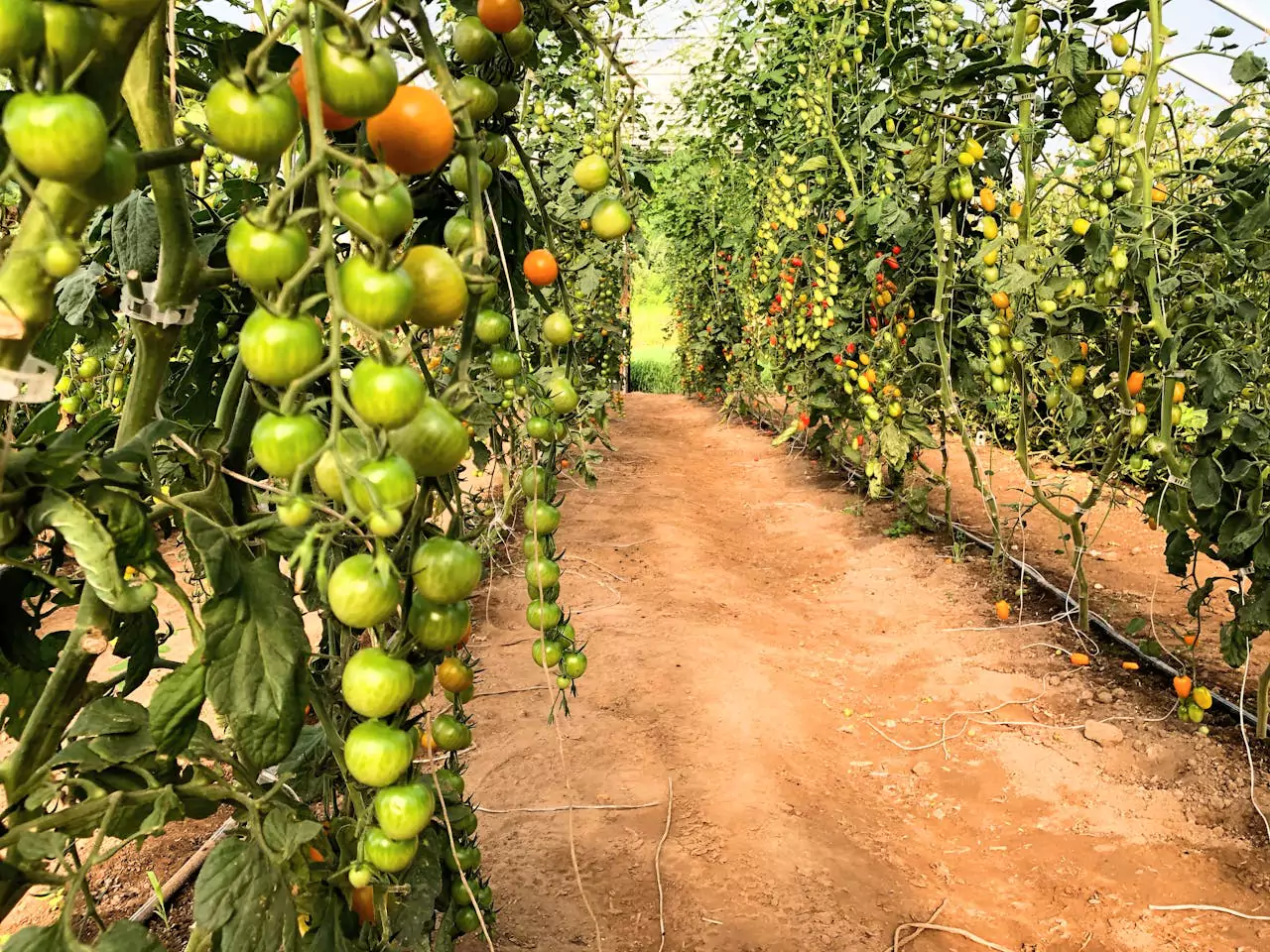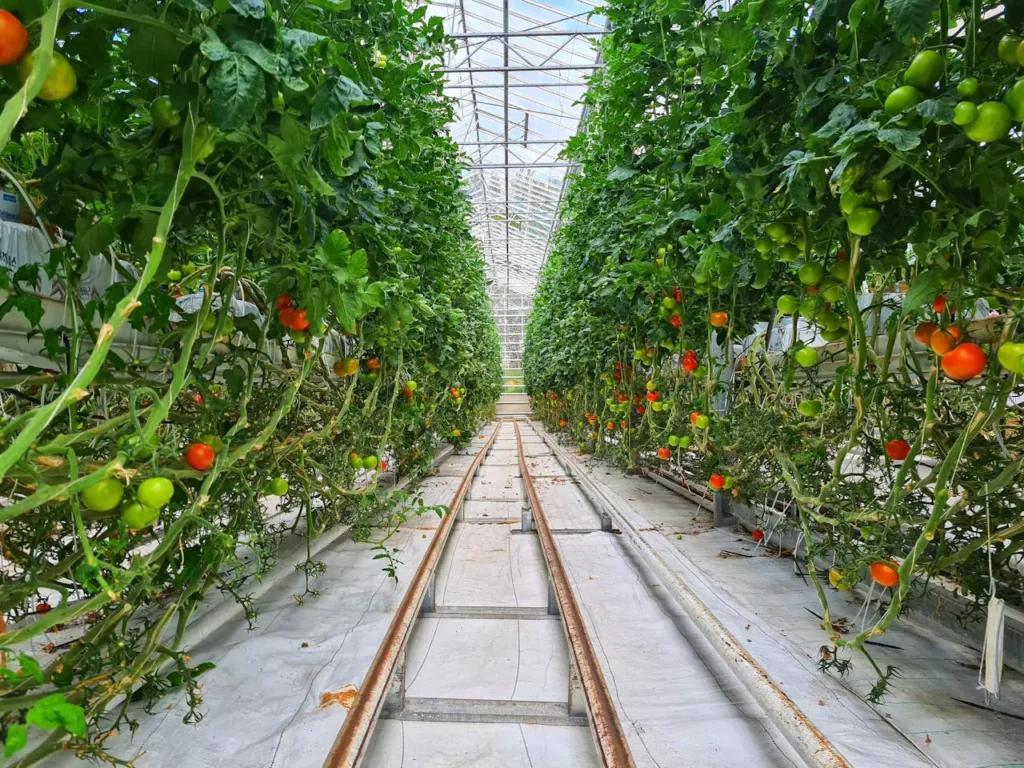
Innovative Food Techniques Propel Sharjah to Global Lead in Nutrition Quality
Sharjah, Innovative Food one of the most dynamic and forward-thinking emirates in the United Arab Emirates (UAE), has made headlines with a groundbreaking agricultural development poised to contribute significantly to global food security and sustainable farming. The emirate has successfully developed a new variety of wheat that boasts an exceptional protein content of 19.3%—the highest ever recorded globally. This innovation not only reflects Sharjah’s commitment to excellence and sustainability but also positions it as a major player in the international agricultural landscape.
This remarkable achievement comes at a time when the world is grappling with increasing food insecurity, the effects of climate change on agriculture, and the need for more resilient food systems. Sharjah’s initiative offers a viable solution, demonstrating how cutting-edge technology, visionary leadership, and scientific innovation can converge to transform barren desert land into a hub of agricultural productivity.
Driven by the vision of His Highness Sheikh Dr. Sultan bin Mohammed Al Qasimi, Supreme Council Member and Ruler of Sharjah, the emirate has turned 1,428 hectares of desert terrain into a thriving farmland through the use of advanced farming technologies and sustainable practices. This large-scale transformation culminated in the production of the ‘Sharjah 1’ wheat strain, a unique variety that has not only met but exceeded international benchmarks for wheat quality and nutritional value.
At the heart of this initiative is the Mleiha Wheat Farm, a high-tech agricultural facility where the revolutionary wheat variety was developed. Equipped with a dedicated biotechnology laboratory, the farm has rigorously tested over 1,450 wheat strains to identify the most suitable for the region’s challenging climate and soil conditions. The result was a variety uniquely adapted to withstand drought and high salinity—two major obstacles to crop production in arid environments.
The implications of this success extend well beyond local borders. With growing interest from international food manufacturers and agricultural stakeholders, Sharjah is now exploring export opportunities for its high-protein wheat. These efforts are bolstered by a range of prestigious certifications, including the HSP food quality certificate and the highly regarded “Made in Emirates” label, both of which affirm the emirate’s commitment to high standards of food quality and safety. Furthermore, the initiative was honored with the Best Innovation Award for Sustainability in the UAE, a testament to its contribution to environmental stewardship and sustainable development.
The innovative nature of the project lies not only in the wheat itself but also in the methods used to grow it. The farm employs AI-driven irrigation systems that have dramatically improved water efficiency, reducing water usage by 30%—a critical achievement in a region where water resources are scarce. These smart irrigation systems ensure that each plant receives the optimal amount of water, precisely when it is needed, thereby conserving one of the planet’s most precious resources while maximizing crop yield.
Her Excellency Dr. Amna Al Dahak, UAE Minister of Climate Change and Environment, has been a vocal supporter of the project. She emphasized that the initiative exemplifies climate-smart agriculture at its finest. “This project is a model for how we can use modern technology to adapt to and mitigate the impacts of climate change. It shows that with innovation and dedication, sustainable agriculture in harsh environments is not only possible but can thrive,” she remarked.
In its current season, the Mleiha Wheat Farm is expected to produce approximately 6,000 tonnes of organic wheat. With an annual output reaching 15,200 tonnes, the farm has already achieved the remarkable feat of fulfilling the entire wheat demand of Sharjah, thereby eliminating the need for wheat imports. This development has significant implications for food sovereignty and economic resilience, particularly in a global landscape where supply chains are increasingly vulnerable to disruption.

The high-protein wheat produced in Sharjah is already finding its way into a wide range of consumer products, including bread, pasta, and breakfast cereals. These products are being embraced by both domestic and international food producers who are eager to incorporate the highly nutritious ingredient into their offerings. The exceptional protein content of the wheat not only makes it an attractive option for health-conscious consumers but also enhances the value of the final products in competitive markets.
Dr. Osama Hussein Qambar, a leading agricultural expert at the Sharjah Department of Agriculture and Livestock, highlighted the nutritional superiority of the Sharjah wheat variety. “This is a world-class product. The wheat we’ve developed surpasses global standards in both quality and nutritional value. It is a testament to the scientific rigor and agricultural innovation we are investing in here in Sharjah,” he stated.
The success of the project is also underpinned by the integration of sophisticated monitoring and analytical tools. Satellite thermal imaging is used to assess field conditions in real time, helping farmers optimize crop health and predict potential stress points before they impact yield. Additionally, a comprehensive weather monitoring system delivers live forecasts, allowing for quick adjustments in farming operations to protect crops from sudden environmental changes.
Beyond the immediate benefits of food production and export potential, Sharjah’s wheat initiative has broader implications for the region and the world. It serves as a replicable model for other nations facing similar agricultural challenges, proving that sustainable and resilient food systems can be built even in the most unlikely places. The approach combines traditional agricultural principles with the latest advancements in biotechnology, data science, and environmental management, creating a blueprint for future agricultural innovation.
As the project continues to grow, plans are already underway to expand the cultivated area, increase output, and explore more applications for the high-protein wheat. With continued investment, strong governmental support, and a clear vision for sustainability, Sharjah is on track to become a leading exporter of high-quality wheat and a global center for agricultural excellence.
In a world urgently seeking sustainable solutions to feed a growing population, Sharjah’s agricultural breakthrough stands out as a beacon of hope and a powerful example of what is possible when innovation meets commitment. The emirate’s achievements are not just local triumphs—they represent a leap forward for global food security, climate resilience, and sustainable development.
Let me know if you’d like a version with a more journalistic tone or broken into sections for a report or newsletter format!






